Books have always been powerful tools for sharing ideas, challenging norms, and sparking debate. While many books are celebrated for their contributions to literature and society, some have faced censorship and bans in various countries. Let’s dive into the stories behind five books that have been banned and explore why they stirred such controversy.
“1984” by George Orwell
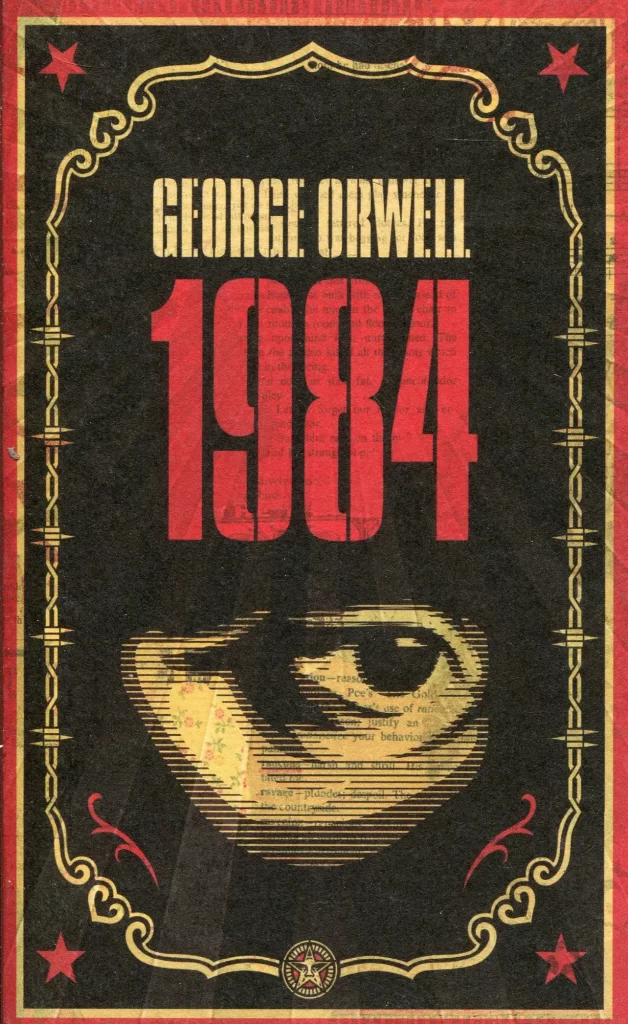
George Orwell’s dystopian masterpiece, “1984,” published in 1949, is a chilling vision of a totalitarian future where Big Brother watches every move and independent thinking is a crime. The book’s exploration of surveillance, propaganda, and authoritarianism has made it a target for censorship.
Where It’s Banned: The novel has been banned in several countries over the years. In the Soviet Union, it was prohibited for its criticism of totalitarian regimes, which were seen as parallels to Stalin’s government. More recently, the book has faced challenges in China and North Korea, where authoritarian governments are wary of its powerful messages about freedom and oppression.
Why It’s Controversial: “1984” challenges readers to think critically about government control and personal freedom, themes that can be unsettling for regimes that thrive on limiting free expression.
“The Satanic Verses” by Salman Rushdie
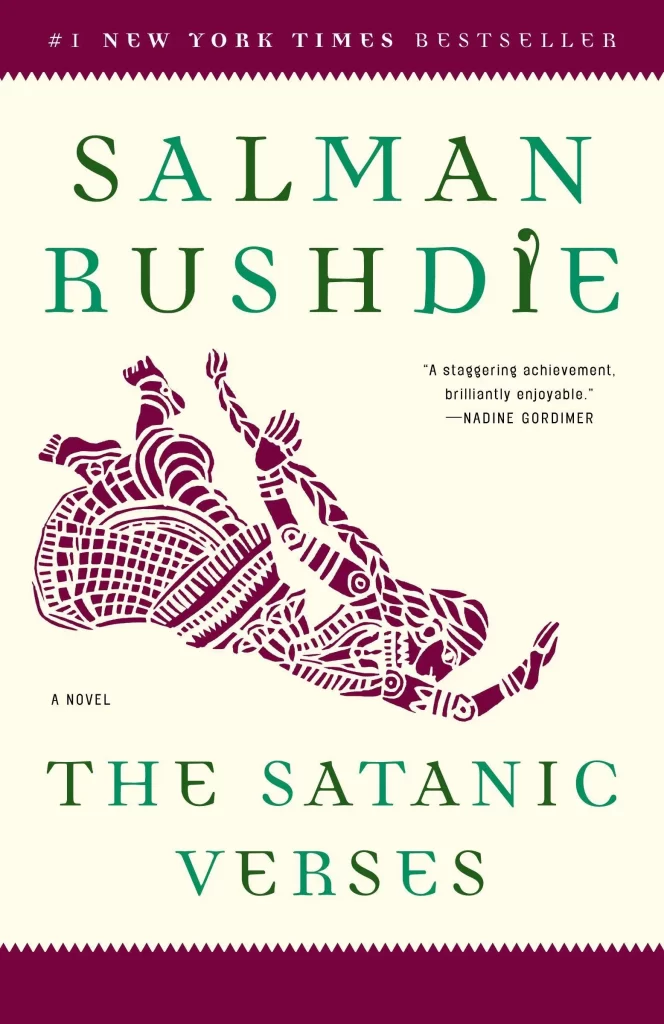
Salman Rushdie’s “The Satanic Verses,” published in 1988, is a novel that blends magical realism with a deep exploration of faith and identity. However, its depiction of the Prophet Muhammad and critical view of Islam ignited widespread controversy and led to severe backlash.
Where It’s Banned: The book was banned in several countries with significant Muslim populations, including India, Pakistan, and Iran. Iran’s Ayatollah Khomeini famously issued a fatwa calling for Rushdie’s death, forcing the author into hiding for years.
Why It’s Controversial: The novel’s portrayal of religious figures and themes was deemed blasphemous by many in the Muslim community, leading to debates about the limits of free speech and religious sensitivity.
“Lolita” by Vladimir Nabokov
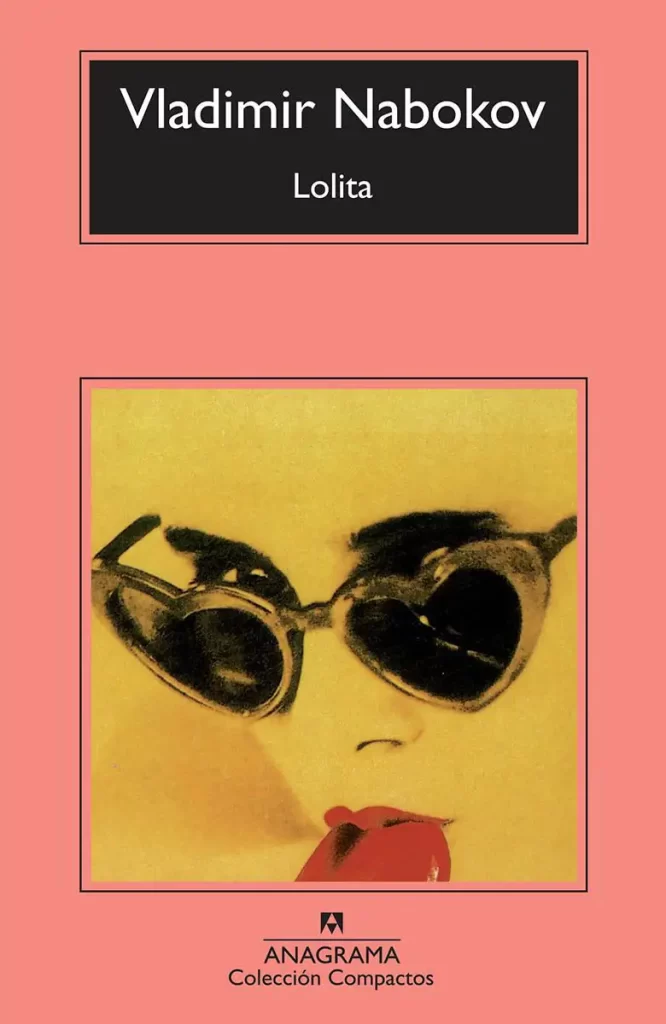
Vladimir Nabokov’s “Lolita,” published in 1955, is one of the most controversial novels of the 20th century. The story of Humbert Humbert, a middle-aged man obsessed with a 12-year-old girl named Dolores Haze (whom he calls Lolita), has sparked debates about its subject matter and literary merit.
Where It’s Banned: The book has faced bans in several countries, including France, the United Kingdom, and parts of Canada. In South Africa, it was banned for being deemed obscene and morally corrupting.
Why It’s Controversial: “Lolita” tackles deeply unsettling themes of pedophilia and obsession, making many readers and authorities uncomfortable with its explicit content and provocative narrative.
“To Kill a Mockingbird” by Harper Lee
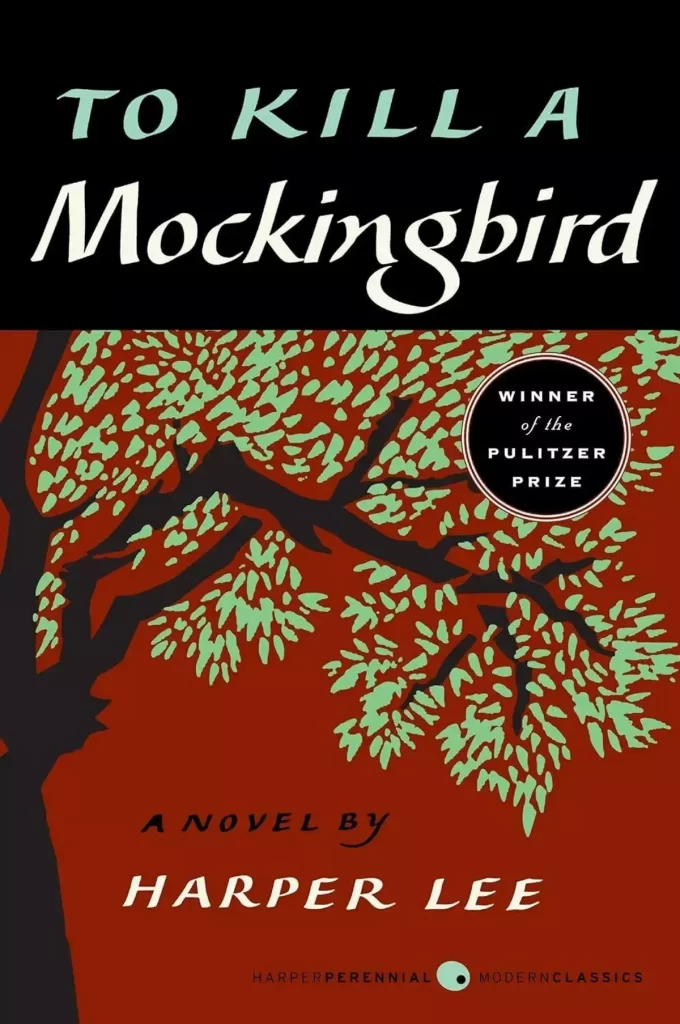
Harper Lee’s “To Kill a Mockingbird,” published in 1960, is a cornerstone of American literature, addressing issues of racism and injustice in the Deep South through the eyes of young Scout Finch. Despite its critical acclaim, the book has faced bans and challenges over the years.
Where It’s Banned: “To Kill a Mockingbird” has been banned or challenged in various schools and libraries in the United States. The reasons often cited include its use of racial slurs and its depiction of racial tensions, which some argue are inappropriate for younger readers.
Why It’s Controversial: The book’s honest portrayal of racism and its use of offensive language make it a target for censorship, though many argue that these elements are essential to its powerful message against prejudice.
“The Da Vinci Code” by Dan Brown
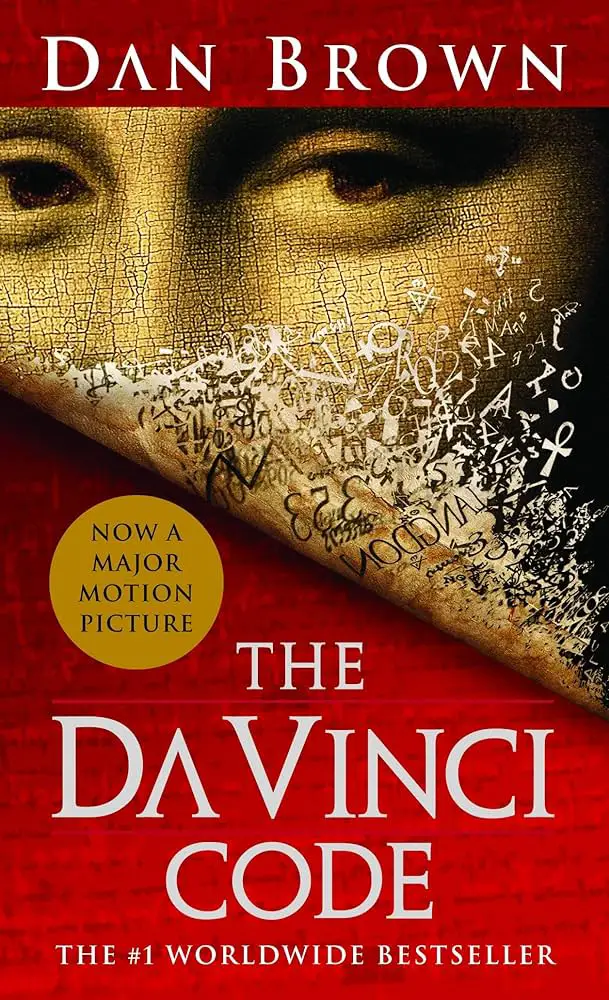
Dan Brown’s “The Da Vinci Code,” published in 2003, is a fast-paced thriller that delves into historical mysteries and conspiracy theories involving the Catholic Church. Its controversial take on Christian history sparked widespread debate.
Where It’s Banned: The book has been banned in several countries with strong Christian traditions, including Lebanon and parts of India. It was also met with significant opposition from the Catholic Church, which criticized its portrayal of church history and doctrine.
Why It’s Controversial: The novel’s provocative ideas about Jesus Christ and the origins of Christianity were seen as offensive and misleading by many religious groups, leading to calls for its ban.
Books hold the power to inspire, challenge, and provoke thought, which can sometimes lead to controversy and censorship. Whether it’s Orwell’s stark warnings, Rushdie’s challenging narratives, Nabokov’s provocative storytelling, or Carroll’s whimsical adventures, these banned books remind us of the delicate balance between freedom of expression and cultural sensitivities. Reading them not only offers a glimpse into the issues that have shaped our world but also underscores the importance of protecting the right to read and write freely. So, next time you pick up a book, remember the journeys these stories have taken and the impact they continue to have on readers everywhere.







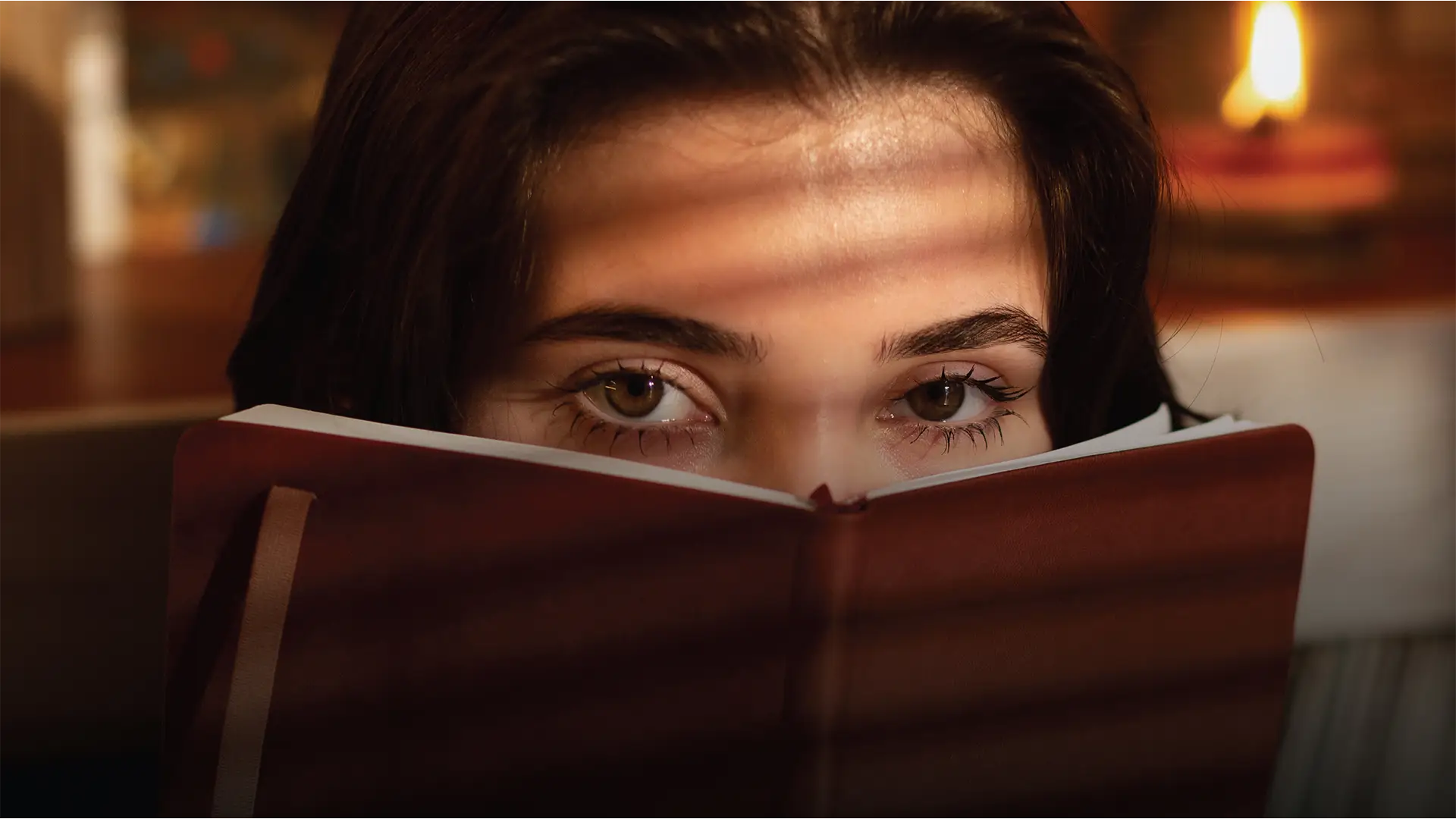











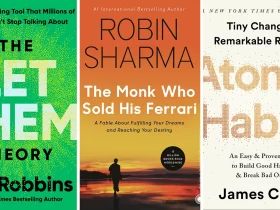

















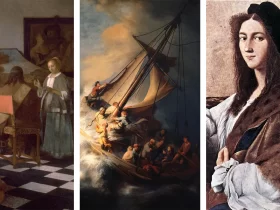
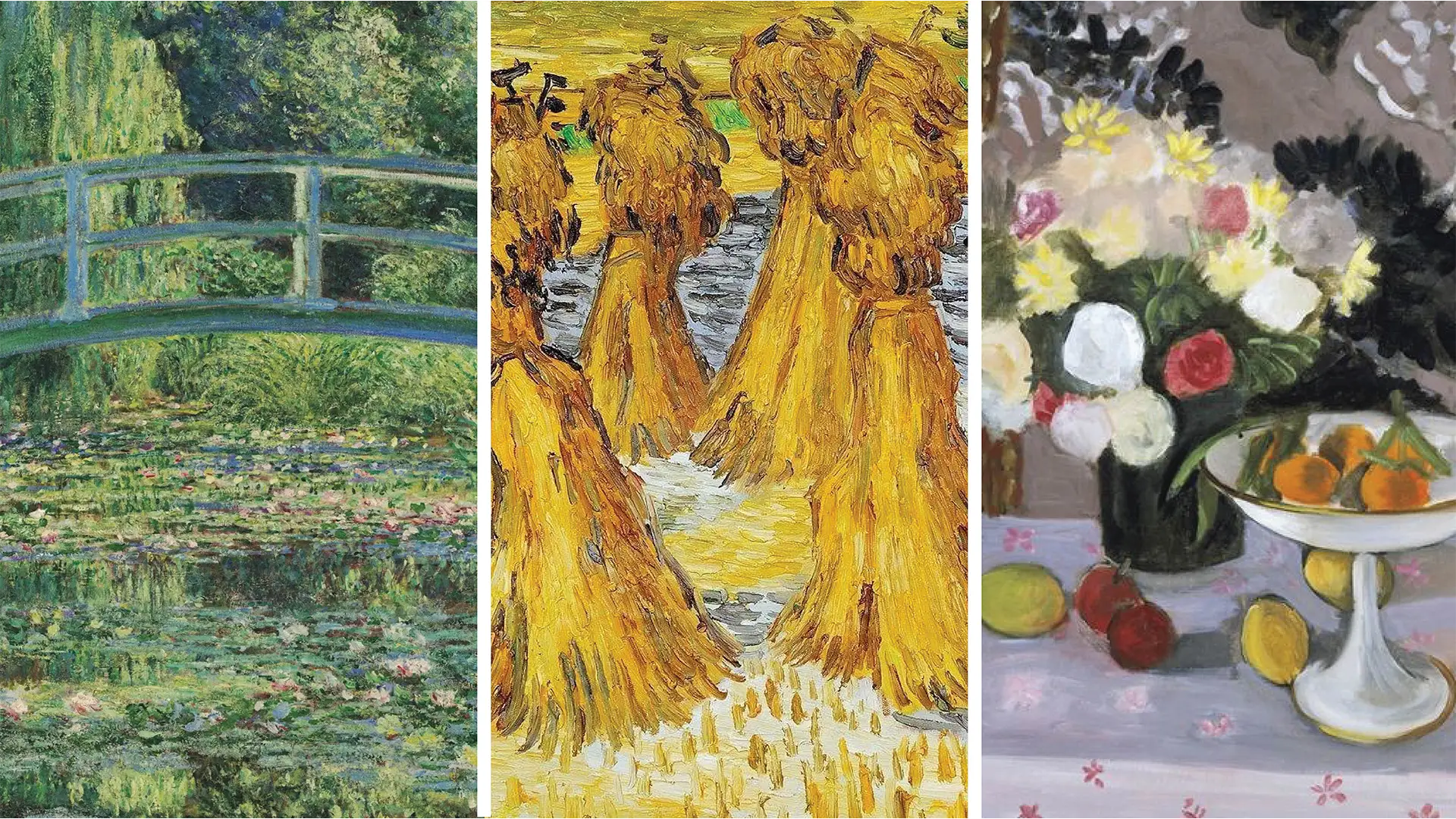
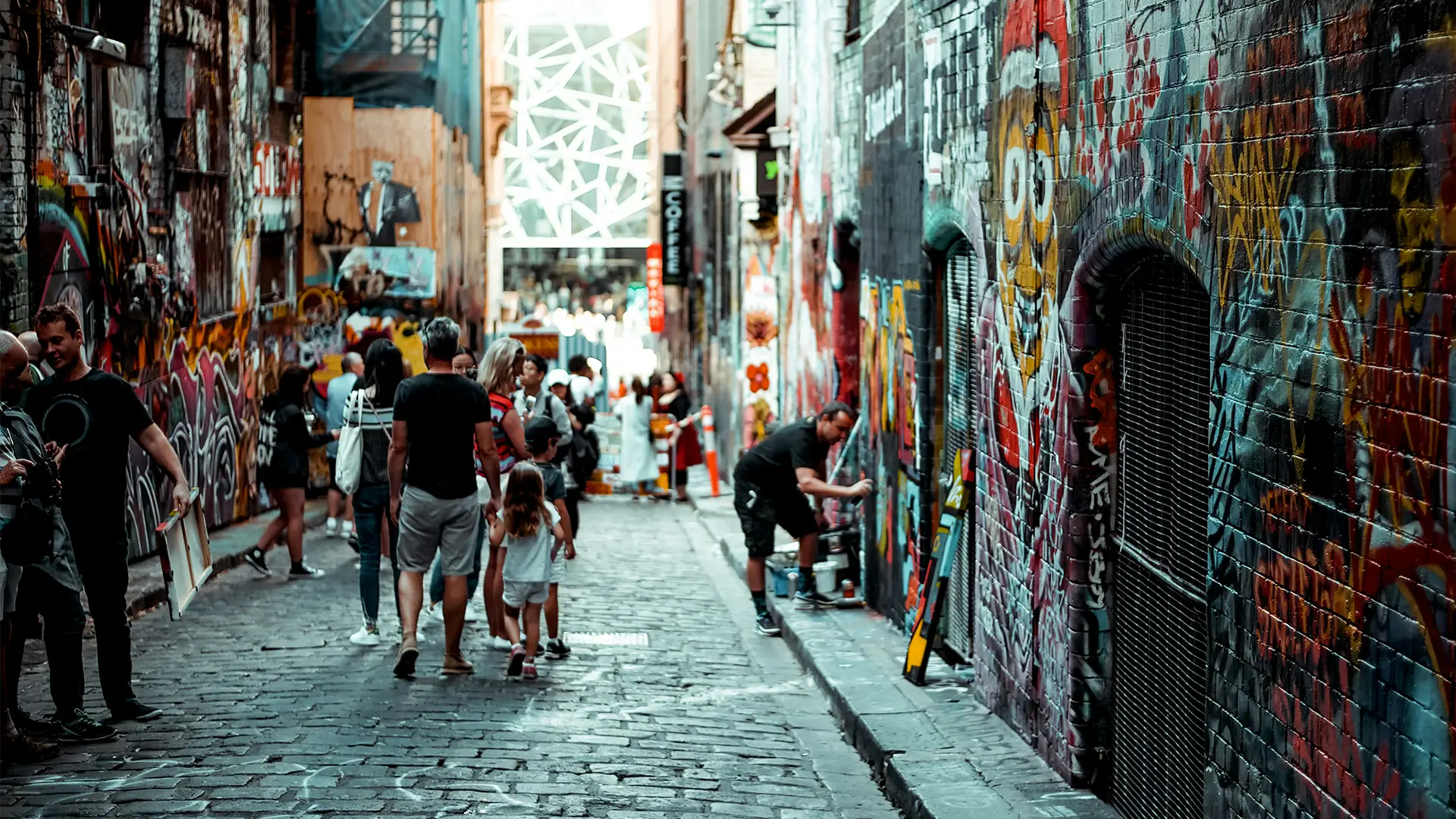
Leave a Reply